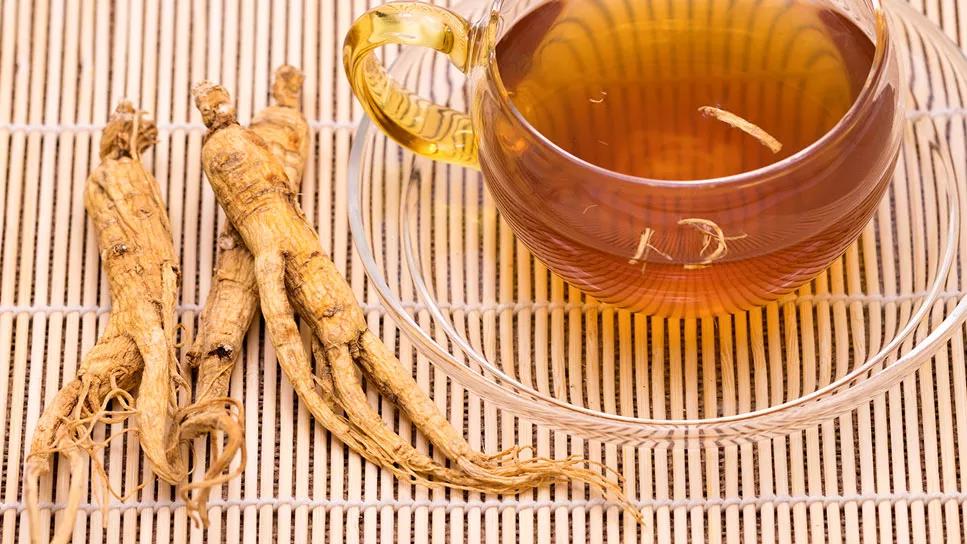Everyone seems to be discussing diet and exercise when discussing weight loss, but what if the secret herbs to your weight loss success are something you already have in your spice cabinet? Aside from their long history of praise in the kitchen, herbs and spices are now gaining attention for their potential to assist in the battle against obesity. Turmeric and fenugreek are two examples of natural ingredients that have several purposes, including controlling appetite and increasing metabolic rate. Learn everything about the beautiful world of weight loss herbs and how they may help you live better as we explore their marvels.
Unlock the Weight Loss Potential of Herbs and Spices!
FENUGREEK
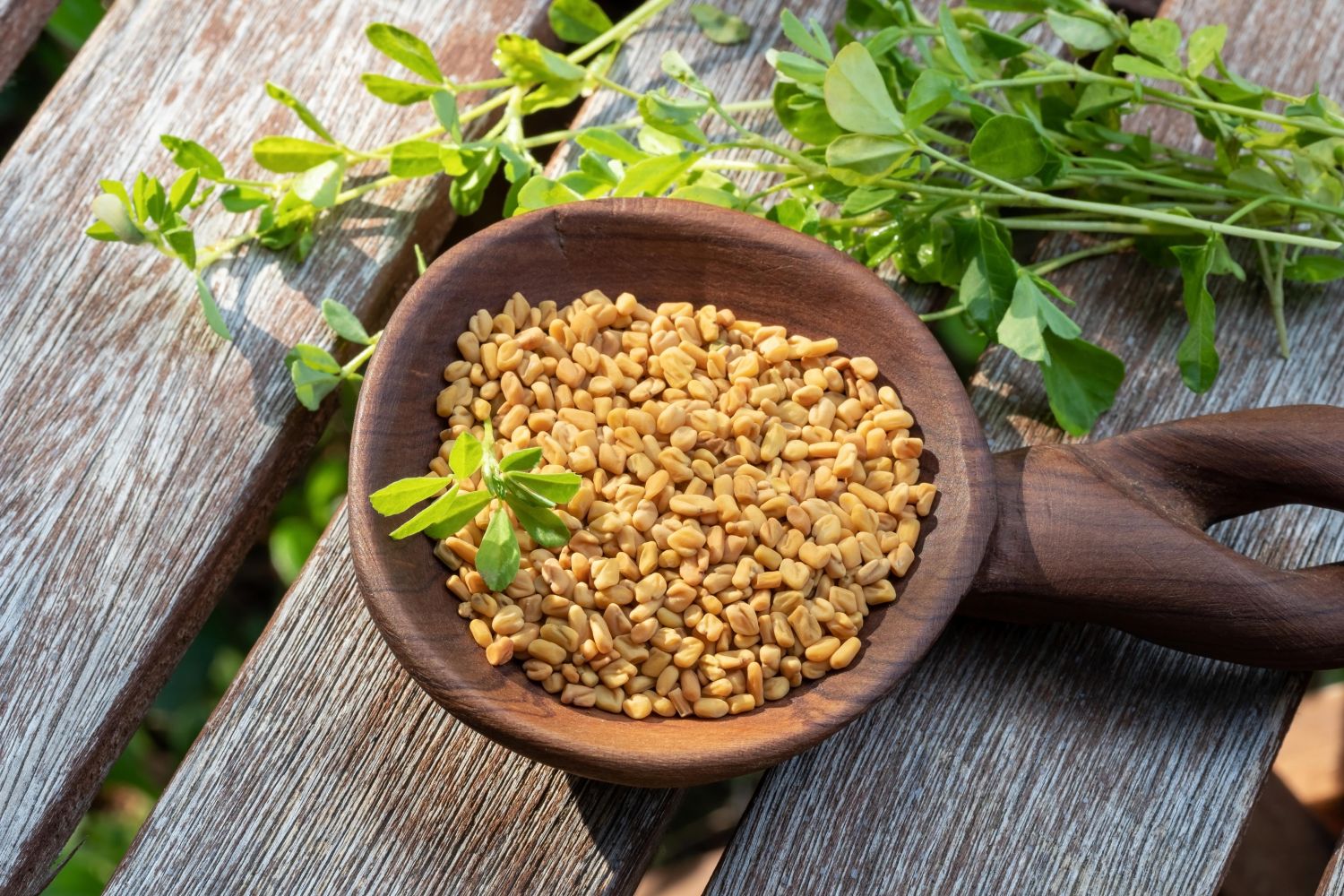
An herbaceous plant known as Trigonella foenum-graecum is the Source of the spice fenugreek. Studies have shown that fenugreek may lower food intake and control appetite, contributing to weight loss. Those who included 8 grams of fenugreek fibre in their daily supplement reported decreased hunger and a stronger sensation of fullness compared to the control group. Further short research found that fenugreek seed extract, as opposed to a placebo, decreased daily fat intake by 17%. This reduced calorie intake during the day.
CINNAMON

The year 2019 was summarised based on their review of 12 research trials with 786 participants, and Trusted Source determined that cinnamon may help with weight loss. According to the research, spice and weight reduction were linked. A 2-gram per day dosage for at least 12 weeks was associated with a significant decrease in body fat. Supplemental cinnamon appears safe to consume at doses similar to those used for seasoning food. However, adverse effects may manifest with extended or excessive use of greater dosages. Trusted Source reports that most individuals have allergic responses or gastrointestinal problems.
CAYENNE PEPPER
:max_bytes(150000):strip_icc()/Cayenne-Pepper-vs-Chili-Powder-3x2-1-9053e6b176074731ad78b596ec645b7d.png)
Cayenne, a chilli pepper, adds a fiery kick to various foods. Capsaicin is the chemical responsible for the heat and many health advantages of cayenne pepper. According to certain studies, Capsaicin may have a mild metabolic stimulating effect, which might result in a little increase in caloric expenditure. Capsaicin not only helps with weight reduction but may also curb your appetite—one preliminary study associated capsaicin capsules with decreased caloric intake and enhanced satiety. The hunger hormone ghrelin encourages people to eat more. Meals containing Capsaicin were associated with reduced levels of this hormone, according to research involving 30 individuals.
GINGER
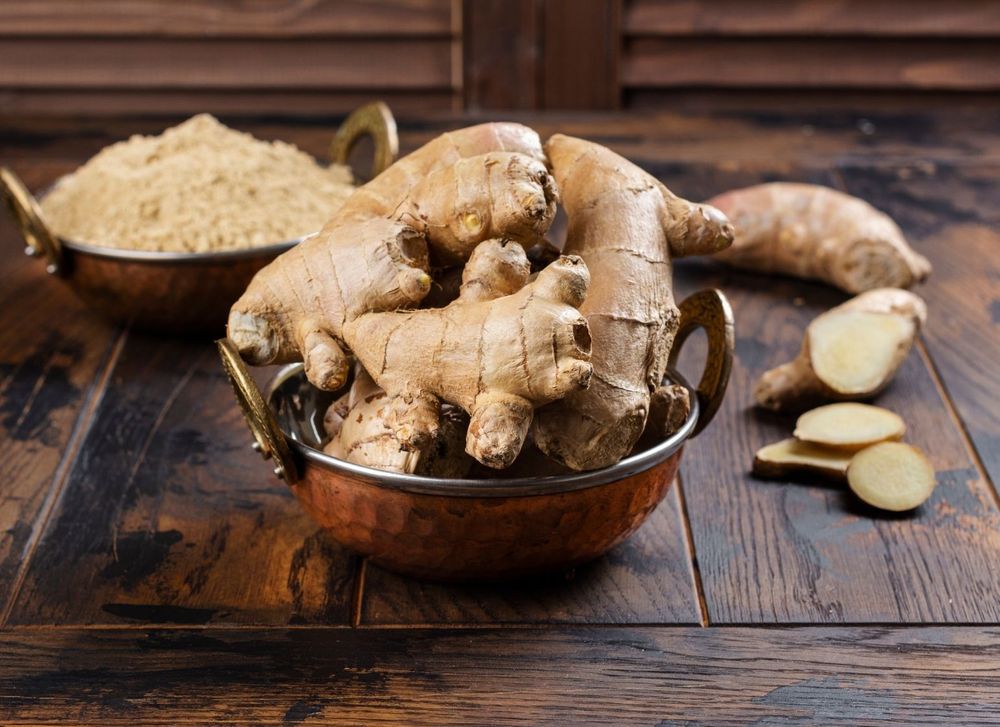
Reflections on 2018 To find out what ginger does, Trusted Source looked over 14 clinical trials with 473 people. According to the findings, ginger intake was associated with weight loss (total and relative) but did not influence body mass index (BMI). Although the potential for adverse effects rises with high use, research indicates ginger supplements are typically safe. Symptoms like this include acid reflux, diarrhea, abdominal discomfort, and erythema (inflammation) of the mouth, throat, and lips. Research shows that ginger supplements are usually safe, while the risk of side effects increases with excessive usage.
OREGANO
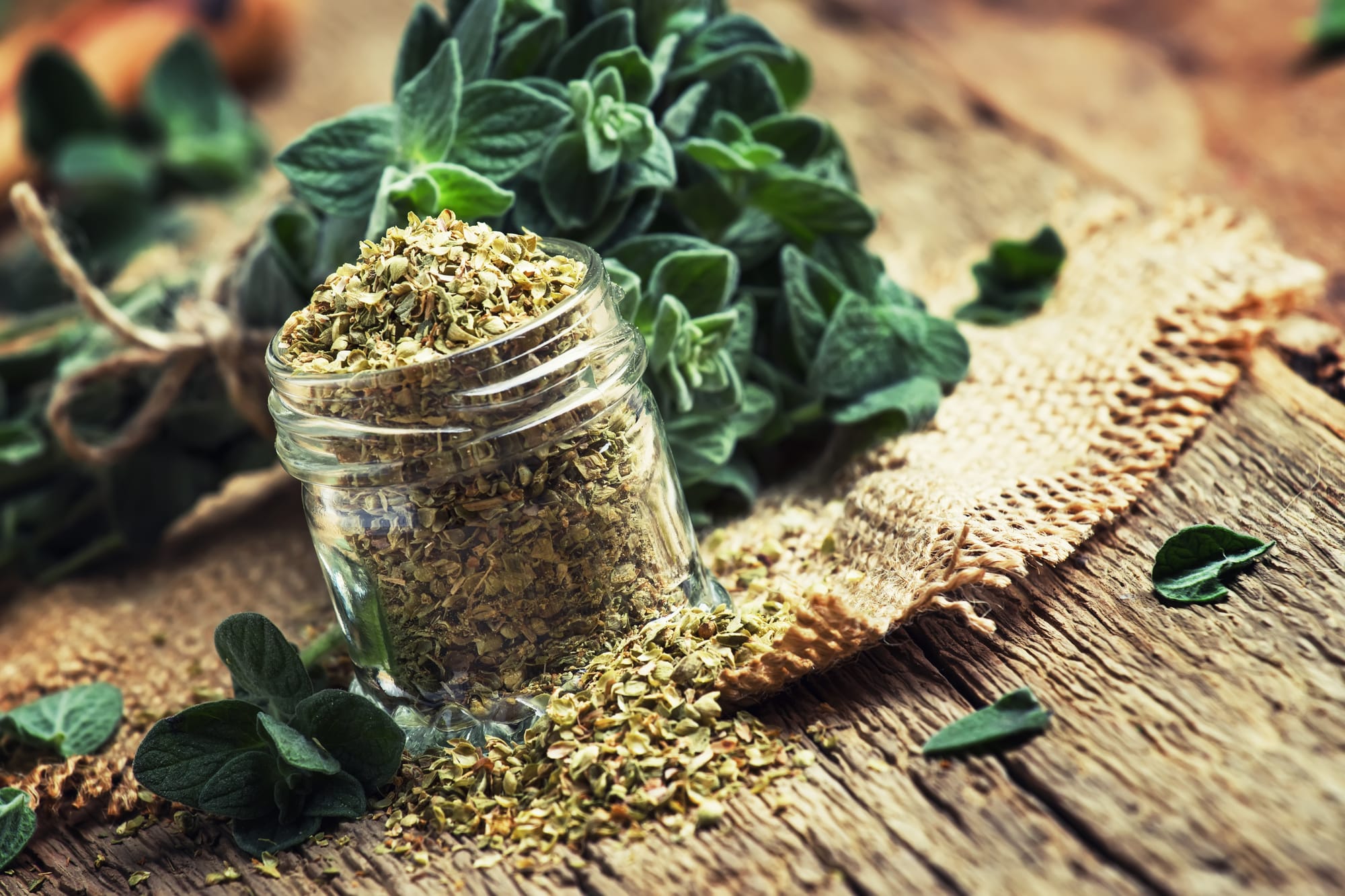
Oregano, mint, basil, thyme, rosemary, and sage are all members of the same plant family as this perennial herb. It may facilitate faster weight reduction due to carvacrol, a potent chemical. Research that compared mice on a high-fat diet with and without carvacrol indicated that the former group acquired far less weight and fat. Researchers also discovered that taking carvacrol supplements affected some proteins and genes regulating fat production. Nevertheless, more data must be collected on the weight-loss benefits of oregano and carvacrol. They were particularly needing more research involving humans.
GINSENG
Information gathered in 2017 on whether ginseng helps with weight loss by reviewing the relevant studies. According to the authors, most research on ginseng’s possible anti-obesity properties has relied on animal models. There is insufficient evidence to state that the plant has the same effect on humans, so more research is necessary to establish this. Taking Asian ginseng for as long as six months at the suggested dose seems to be safe for most people. The most common side effect is insomnia, although other potential side effects include the following: inconsistent or nonexistent blood pressure readings, a racing heart, a lack of appetite, breast soreness, and gastrointestinal difficulties.
CARALLUMA FIMBRIATA

Several diet pills include Caralluma Fimbriata, a plant. Increased levels of the neurotransmitter serotonin are, in theory, responsible for regulating appetite. Thirty-three people took Caralluma Fimbriata for 12 weeks, and they significantly reduced belly fat and total body weight more than those who took a placebo. In a second, more minor experiment, taking 1 gram of Caralluma Fimbriata daily for two months decreased hunger and weight loss compared to a control group.
TURMERIC

An overview of 2019A review by Trusted Source looked at how curcumin, a turmeric component, affected weight. This information is based on 21 trials that included 1,604 people who had metabolic syndrome, which is defined as the presence of several cardiovascular risk factors associated with obesity. Among other indications of obesity, the supplement reduced waist size and body mass index (BMI). According to scientists, curcumin has the potential to be a helpful supplement in the therapy of metabolic syndrome. They also said that clinical studies show that individuals handle curcumin well and that researchers usually consider it safe.
BLACK PEPPER
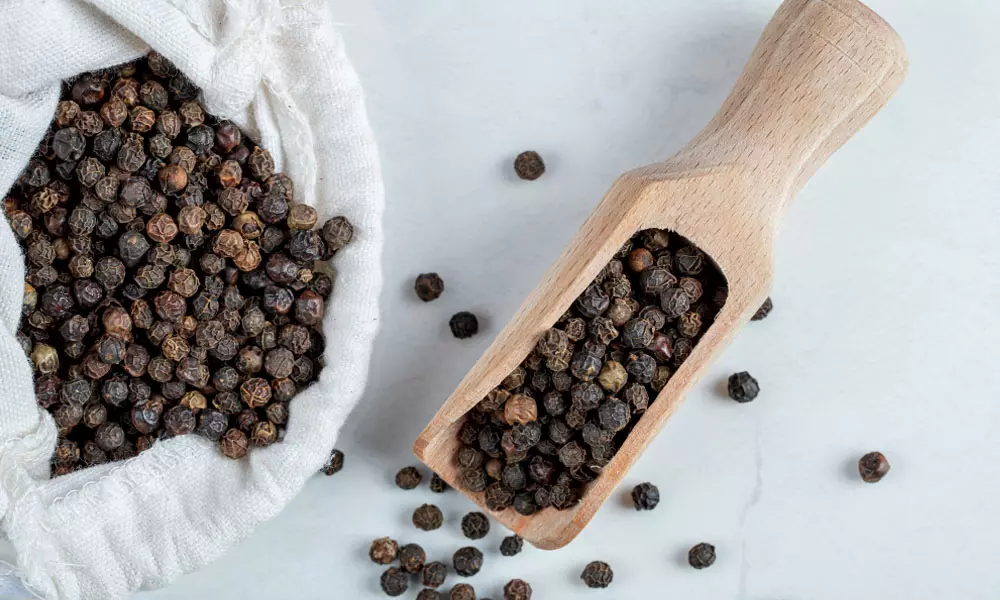
The dried fruit of the blooming plant Piper nigrum is black pepper, a beloved spice in many Indian households. Piperine, a potent molecule, is responsible for its robust flavour and potential weight-loss advantages. One study found that supplementing with piperine helped mice lose weight on a high-fat diet, even when their food intake stayed the same. Also, in a lab setting, piperine effectively blocked the formation of new fat cells. Still, modern studies only use in vitro and animal models. Additional study is required to determine if piperine and black pepper have any weight loss benefits for humans.
GYMNEMA SYLVESTRE

The 2014 primary data set Trusted Source reviewed the studies on the effects of Gymnema Sylvestre on weight management. The association between the herb and reduced body weight and fatty acid accumulation led the scientists to infer that the plant has anti-obesity characteristics. There may be no adverse side effects from using Gymnema Sylvestre for up to twenty months. An additional 2014 study confirms plant safety when used as indicated; however, it warns that overdosing might produce the following side effects: fatigue, increased sweating, low blood sugar, instability, and muscular dystrophy-related weakness.
GREEN COFFEE BEAN EXTRACT

The extract from green coffee beans is a common ingredient in weight loss aids. Chlorogenic acid, plentiful in unroasted coffee beans, is one probable explanation for its potential weight-loss advantages. According to a study, green coffee reduced belly fat and body mass index (BMI) in 20 individuals without changing their calorie consumption. Yet another meta-analysis of three studies found that green coffee bean extract may cause a weight reduction of around 2.5 kg (5.5 lbs). The researchers noted that the studies’ size and quality were not consistently high. Finding out if green coffee beans help with weight loss requires a more thorough investigation.
CARDAMOM

Making cardamom spice by hand requires using ginger-related plant seeds. It may aid in weight reduction and its many uses in cooking and baking around the globe. In research that used rats on a high-carb, high-fat diet, cardamom powder helped them lose belly fat. According to another research, black cardamom significantly reduced total body and abdominal fat in rats given a high-fat diet. Animal studies provide the bulk of the evidence about cardamom’s potential to promote weight loss. Few studies have examined cardamom’s effects on human weight reduction.
TRIPHALA
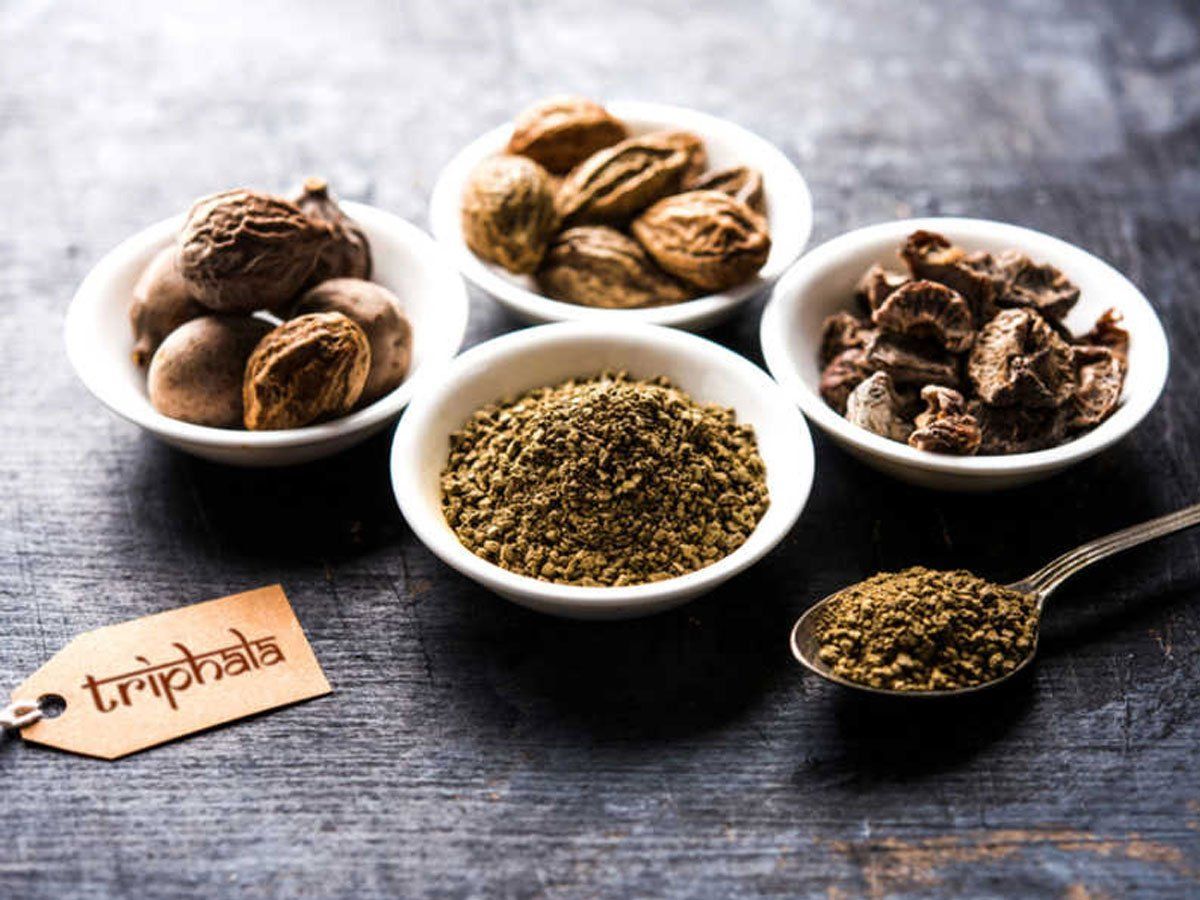
An essential component of Ayurvedic medicine, triphala consists of bibhitaki, chebulic myrobalan, amla, or Indian gooseberry, and haritaki, or belleric myrobalan. For optimal results, soak one teaspoon of powder in one cup of warm water overnight and then drink the combination first thing in the morning, without food, to maximise Triphala’s effects. Honey or lemon juice, when added in small amounts, may improve both taste and efficacy.
GUGGUL
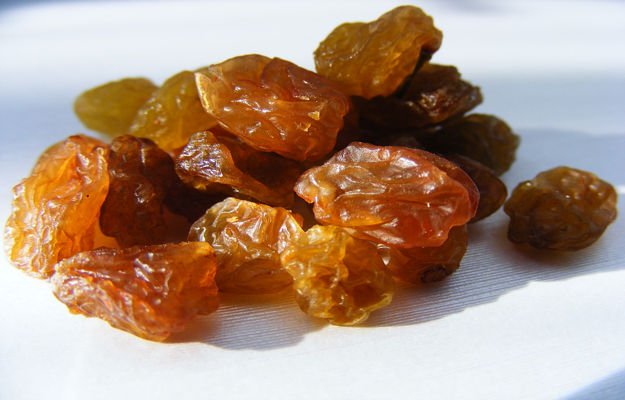
There is a long history of using the resin of the Indian Commiphora mukul tree, the active ingredient in guggul, in Ayurvedic medicine for many purposes, including weight reduction. Guggulsterones are a family of chemicals that stimulate the thyroid gland, increasing thyroid hormone synthesis. The result helps with weight reduction since it speeds up the metabolism and makes fat loss more efficient. Take 500–1000 mg of guggul extract with warm water, ideally before meals, twice daily, to feel its effects. You may also get guggul vitamins in tablet form if that’s more your style.
TULSI (HOLY BASIL)

The Ayurvedic practice of worshipping Tulsi (Holy Basil) for its many therapeutic properties, including its ability to help with weight management. While many variables lead to obesity and excess weight gain, tulsi may help regulate blood sugar levels, reduce stress, and balance cortisol levels. Incorporate Tulsi powder into your smoothies or meals for an extra dose of Tulsi flavour, or steep some fresh leaves in a cup of tea. Tulsi supplements are also available in tablet form, which some individuals find more convenient.
HOW TO USE
- When used as seasoning, the herbs or spices above have several positive health impacts and almost no negative ones.
- Be careful not to lose your mind. Consume no more than one tablespoon, or fourteen grams, daily, and pair them with nutrient-dense whole foods for the most weight loss effect.
- Take herbal pills precisely as prescribed on the bottle to prevent unwanted side effects.
- If you have any prior conditions or are taking any medications, you must talk to your doctor before starting a new supplement program.
- If you experience any adverse side effects or signs of food allergies, it is important to discontinue use right once and see a trusted healthcare expert.
Things to Consider Before Consuming this Herbs for Weight Loss
According to a reputable source, the Food and Drug Administration (FDA) does not test the safety and effectiveness of dietary supplements. Some nutritional supplements have strong side effects, or medications interact poorly. The above herbs are safe to consume up to the suggested daily dosage. However, the safety data could be more precise when taken in larger quantities. Also, remember that some herbs can have much worse side effects than others. For example, ginseng may raise blood pressure and make the heart beat faster. The Food and Drug Administration recommends that anyone considering a supplement see a doctor first.
Conclusion
The herbs that aid in weight loss are both delicious and effective. Spice up your meals with a pinch of cayenne pepper or a sip of ginger tea to curb your hunger and speed up your metabolism. These all-natural ingredients work wonders for weight reduction. Incorporating herbs and spices into your weight loss program will help you get better and longer-lasting results. You should talk to your doctor before making any significant adjustments to your diet, and you should take pleasure in your quest for excellent health and happiness.


